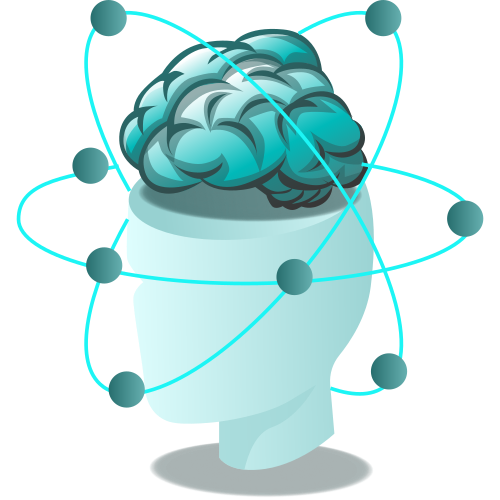As a fractional Managing Director (MD), one of the most significant lessons I’ve learned in my career is the difference between two mindsets: “fail to learn” and “learn to fail.” While they sound similar, they couldn’t be further apart in practice. For a long time, I struggled with criticism, taking every piece of feedback as a personal attack rather than an opportunity for growth. It wasn’t until I embraced the idea that failure is not only inevitable but beneficial, that I began to improve my work life and do my job effectively.

The Aviation Approach to Failure
Think about aviation for a moment. The industry is one of the safest in the world, not because pilots never make mistakes, but because they’ve built a system that treats failure as a learning opportunity rather than a point of blame. Every incident, no matter how minor, is meticulously analysed. The focus isn’t on finger-pointing, but on how systems, processes, and training can be improved. The question is always, “What can we learn from this to prevent it from happening again?” rather than “Whose fault is it?”
This mindset has transformed the way I approach my work. In the past, failure felt like a wall—a dead-end. Now, I see it as a step towards better systems, smarter decisions, and ultimately, growth.
The important aspect of this is that it is documented and shared around the team and company so everyone has the benefit and learnings of the findings.
Failing to Learn: The Mindset that Holds You Back
When you “fail to learn,” you adopt a defensive stance. You take criticism personally, you’re focused on protecting your ego, and you see mistakes as something to hide rather than examine. This mindset not only limits your personal growth but also stifles the development of your team or business. If you are constantly worried about failing, you’re not taking the risks that lead to innovation and progress.
For years, I was stuck in this mindset. I dreaded feedback, and I was quick to rationalise any criticism away. “It wasn’t my fault,” I’d say, or “That wasn’t in my control.” The problem with this approach is that it allows you to stay in your comfort zone, where you never have to confront uncomfortable truths, but you also never grow.
Learning to Fail: The Key to Growth
When I began to learn to fail, my entire work life shifted. Instead of avoiding criticism, I started seeking it out. I began to ask myself, “What went wrong? What could I have done differently? What can I learn from this?” This shift in mindset helped me to stop seeing failure as a reflection of my worth and start seeing it as a tool for improvement.
In the role of a fractional MD, where I work with different teams and companies, learning to fail has been critical. Every organisation is different, with its own set of challenges. I no longer expect to get everything right the first time. Instead, I experiment, adjust, and move forward, continuously refining my approach based on what works and what doesn’t.
Takeaways from Failure, Not Blame
Adopting the aviation approach has made me a better leader and MD. By focusing on the takeaways rather than the blame, I’ve created a culture of openness where my team feels comfortable discussing their mistakes, knowing that we’re all working towards solutions, not scapegoats. This culture of learning through failure has allowed us to take on bigger projects, explore new strategies, and push the boundaries of what we can achieve.
Final Thoughts
Learning to fail doesn’t mean aiming for failure; it means accepting that it’s part of the process. The more you embrace this reality, the more resilient and adaptable you become. As someone who once found it hard to take criticism, this shift has been transformative. Failure is no longer something I fear but something I welcome, knowing that each misstep brings me closer to success.
If you’ve been hesitant to embrace failure, I encourage you to change your perspective. Don’t fail to learn—learn to fail, and you’ll see how much it can positively impact your work and life.




